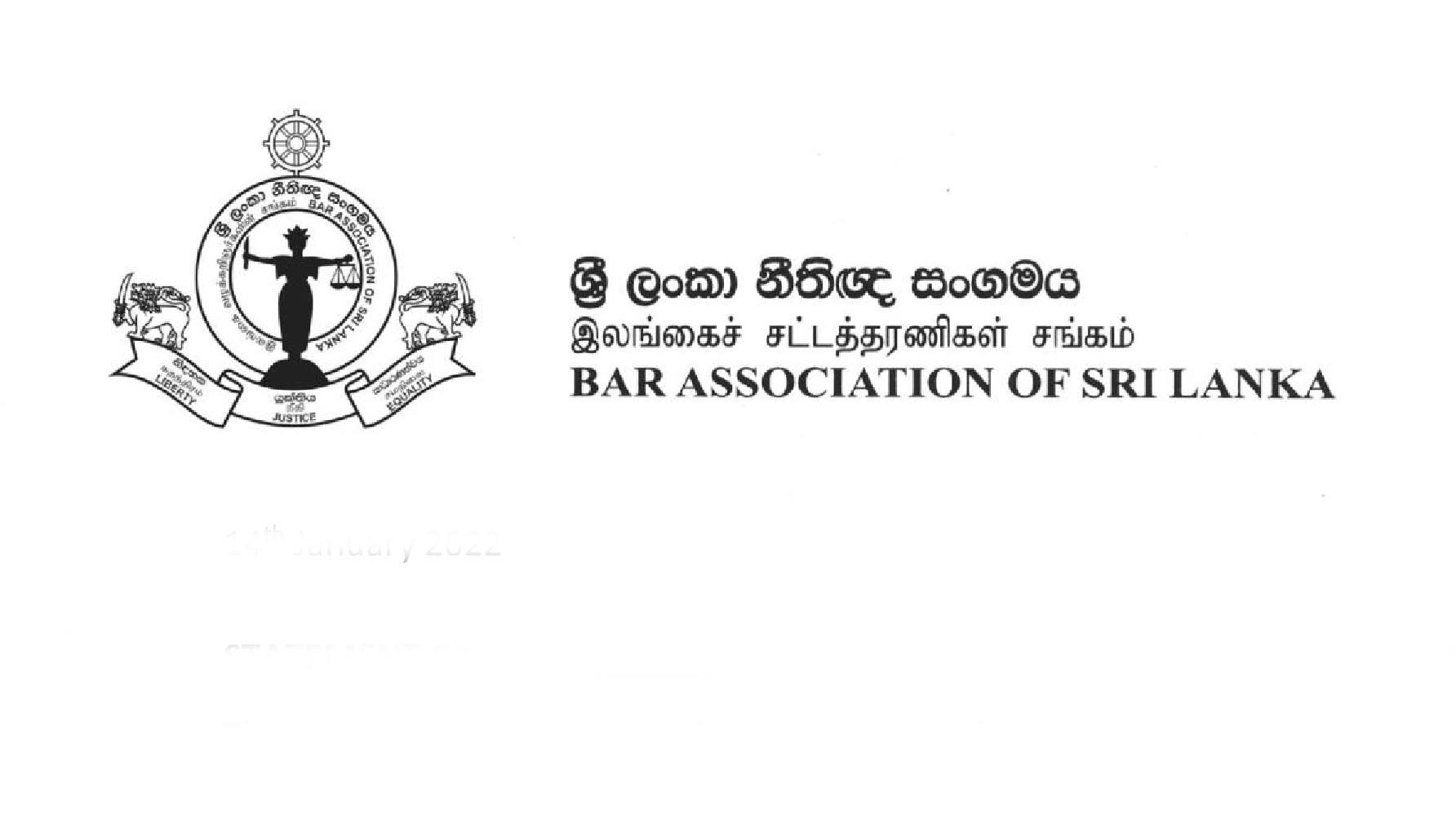The 21st amendment to the constitution, the enactment of which was approved by parliament last week as the 22ndamendment, does not completely restore the status quo which prevailed prior to the 20th amendment to the constitution. The new amendment also does not place adequate checks and balances on the powers of the executive president.
Reiterating its critique of the amendment in its latest public statement, the Bar Association of Sri Lanka points out the danger is that the nominations of a majority of members to the Constitutional Council will be controlled by the party or parties in the government, resulting in it lacking independence and consequently affecting the independence and integrity of the offices and institutions to which appointments will be made through it. In its previous statements, the BASL highlighted the shortcomings of the amendment when it was at the Bill stage.
Now that the 21st amendment is enacted into law, the BASL underscores the importance of appointments to the Constitutional Council and the reconstitution of independent commissions being done independently and impartially to restore confidence in Sri Lanka and its institutions. ‘For this purpose, it is important to ensure that the non-ex-officio members of the Constitutional Council appointed from among Members of Parliament and from among non-Members of Parliament be done in a transparent and open manner and to also ensure that those appointed will be acceptable to the members of the public and be persons of the highest integrity and reputation’.
The BASL calls on the president, prime minister, the speaker of the House, the leader of the opposition, and all political parties represented in parliament to first ensure that the appointment of non-ex-officio members of the Constitutional Council appointed from among Members of Parliament and from among non-Members of Parliament be done transparently and openly, devoid of partisanship and in a manner that will inspire public confidence.
It also stresses the need for the appointments to be persons who have not only the requisite qualifications and abilities, but also be those whose appointments receive wide acceptance.
‘It is equally important to ensure that the enactment of the 21st Amendment must not be used as an excuse or mechanism to discontinue chairpersons and members of commissions whose services helped establish public faith in such Institutions’, the BASL said.
It added that any failure of the 21st amendment to address the issue of creating strong independent institutions in Sri Lanka will have a bearing on future law reform initiatives, such as the proposed composite anti-corruption law, and will have an adverse impact on the rule of law in Sri Lanka.
The need to amend the constitution arose because of the public outcry which sprang up throughout the country in response to the current economic crisis. It has been perceived that the causes of the crisis include the lack of checks and balances on the powers of the executive including the executive presidency. The 20th amendment to the constitution rolled back the checks and balances on the exercise of executive power which were introduced by the 19th Amendment.
The seven independent commissions are the Election Commission, the Public Service Commission, the National Police Commission, the Human Rights Commission of Sri Lanka, the Commission to Investigate Allegations of Bribery or Corruption, the Finance Commission and the Delimitation Commission.
To read the full statement click on:





